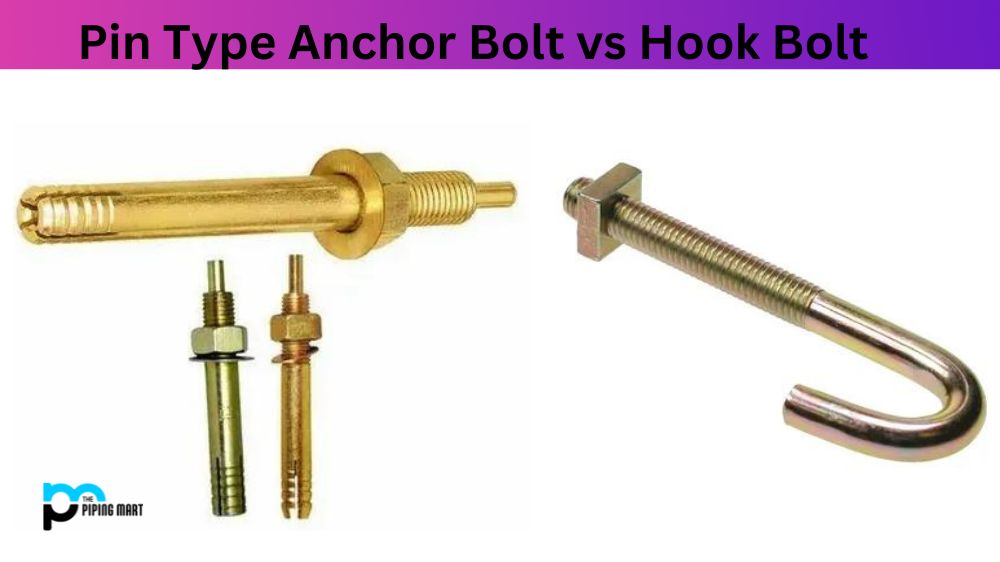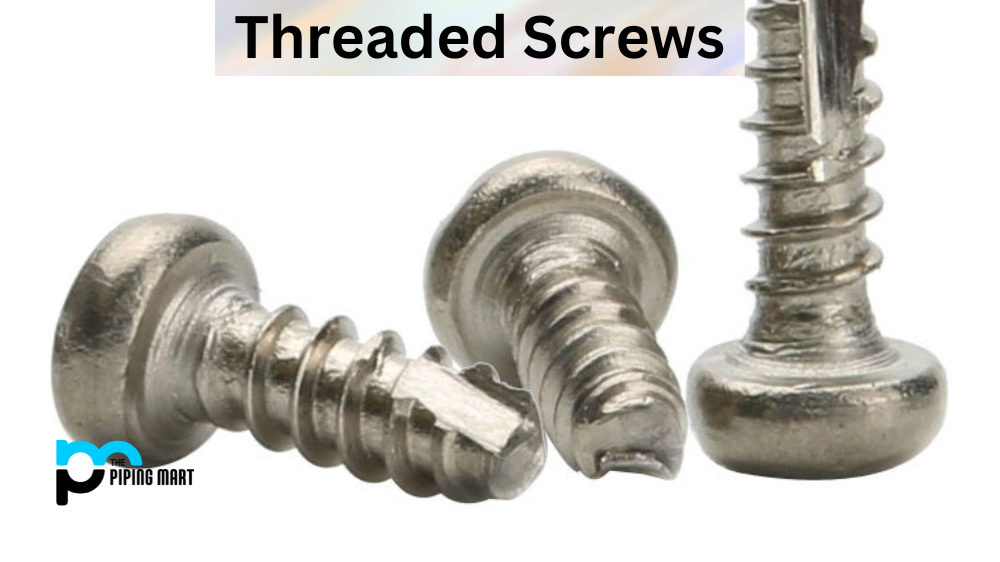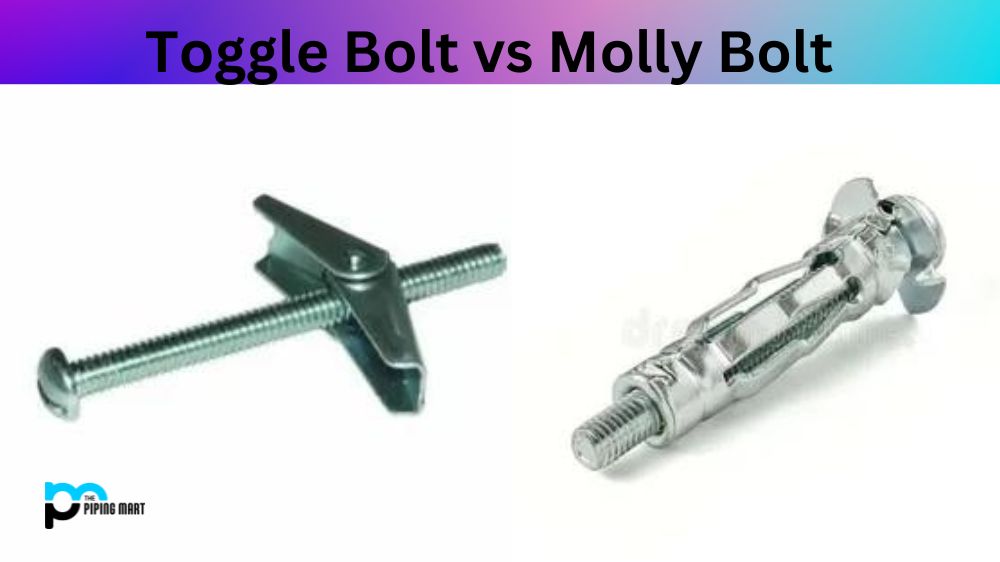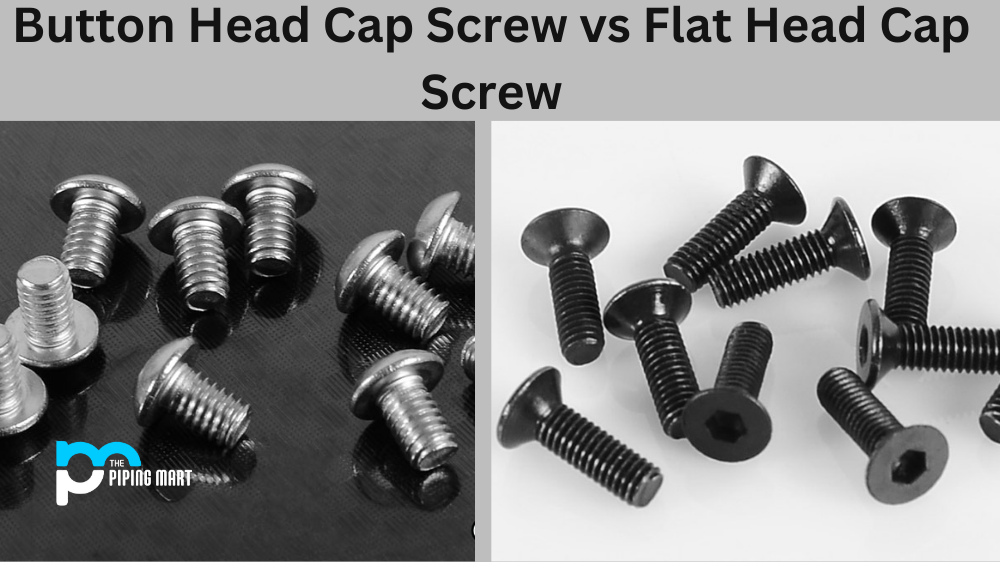When choosing the right bolt for your construction project, there are various factors to consider. One of the most important factors is the type of anchor bolt to use. Two anchor bolts widely used in construction projects are Pin Type Anchor bolts and Hook Bolts. In this blog post, we’ll explore the difference between these anchor bolts and help you make an informed decision when choosing the two for your project.
What is Pin Type Anchor Bolt?
Pin Type Anchor Bolts are high-strength fasteners that connect securely between components. They’re designed with a head larger than the shank, making them ideal for attaching materials to concrete and masonry surfaces. Additionally, their grooved design ensures superior pull-out strength and stability in unstable soil conditions.
What is Hook Bolt?
Hook bolts, also known as “j-bolts” or “anchor bolts,” are fasteners commonly used to attach objects or structures to concrete. They have a long threaded section with a hook at the bottom and typically come in galvanized steel for protection against corrosion. Hook bolt installations provide exceptional strength and stability due to the hook design, which creates an expansive anchor point that grips the concrete surface. This allows them to effectively hold heavier loads than many other anchors.
Difference Between Pin Type Anchor Bolt and Hook Bolt
Form Factor:
Pin-type anchor bolts are cylindrical in shape with a smooth shank, whereas hook bolts have a straight shank and a curved “hook” at the end. When installing pin-type bolts, the hole needs to be drilled to match the size of the bolt, while hook bolts require a larger hole to accommodate the hook at the end of the bolt.
Usage:
Pin-type anchor bolts are commonly used in concrete applications, such as anchoring down steel columns or beams to a concrete foundation. On the other hand, hook bolts are ideal for use in hollow masonry structures, allowing the bolt to grip tightly into the masonry substrate.
Load Capacity:
Pin-type anchor bolts have a higher load capacity than hook bolts because of their solid cylindrical shape. Pin-type anchor bolts can hold much heavier loads when installed correctly than hook bolts.
Installation:
Installing pin-type anchor bolts requires drilling a perfectly sized hole into the concrete or masonry and then setting the bolt in place once the hole is cleared of debris. Hook bolts require drilling a larger hole than the bolt itself, allowing the hook end to grip the masonry once installed.
Cost:
When it comes to cost, pin-type anchor bolts are typically more expensive than hook bolts. However, the higher cost is justified by the higher load capacity of pin-type bolts and the sturdiness of the anchor system.
Conclusion:
In summary, when choosing between pin-type anchor bolts and hook bolts, there are several factors to consider, including form factor, usage, load capacity, installation, and cost. By understanding the difference between these two anchor bolts, you can choose the right one for your construction project and ensure the safety and longevity of your building structure. Always consult an expert to ensure proper installation and follow the manufacturer’s instructions to guarantee the best outcome for your project.
Meet Heer, a dynamic and driven writer learning tricks of her trade in the metal industry. With a background in Digital Marketing, Heer brings a unique perspective to her writing, sharing valuable insights. Apart from blogging she like reading and hiking.




